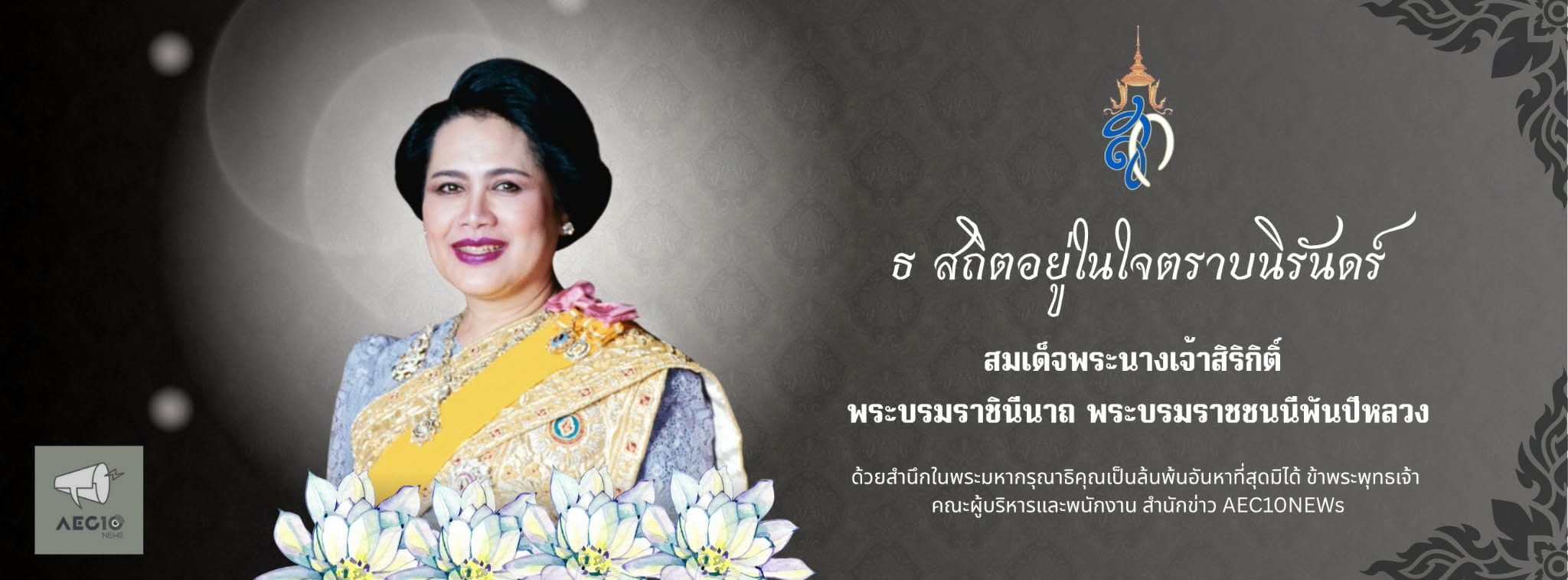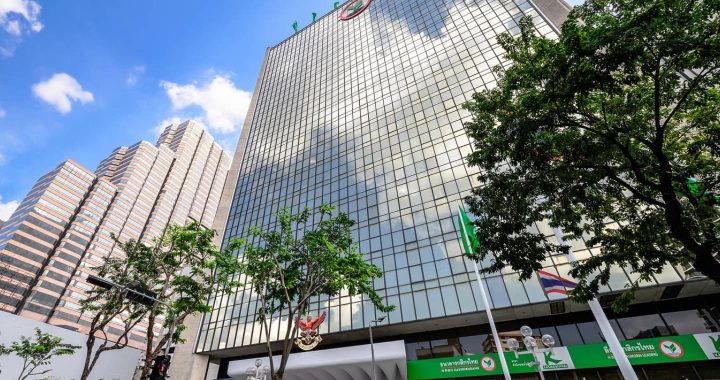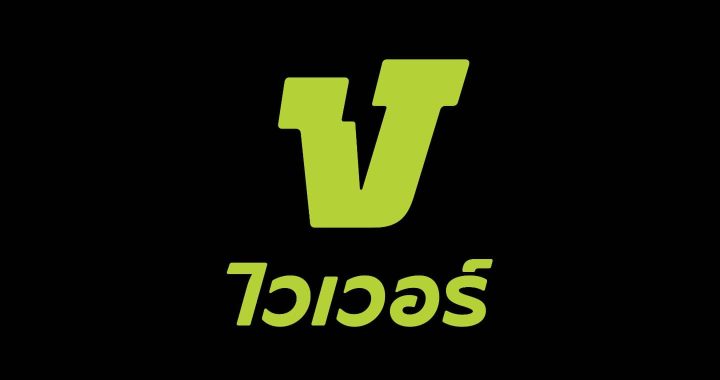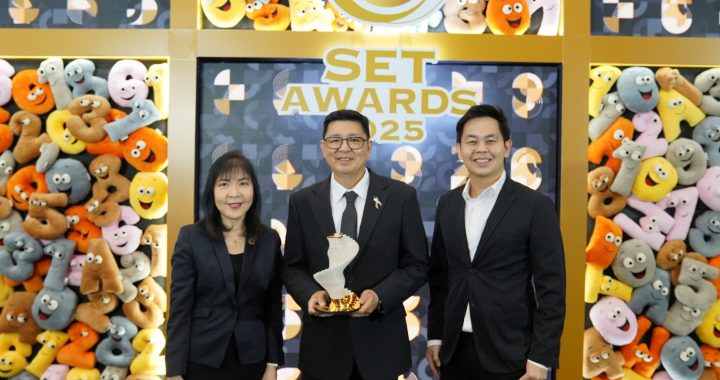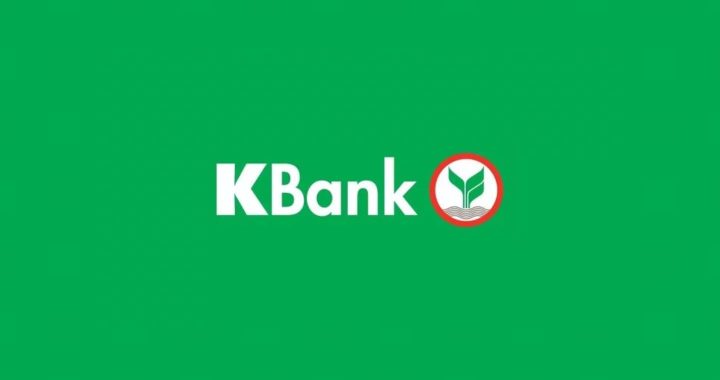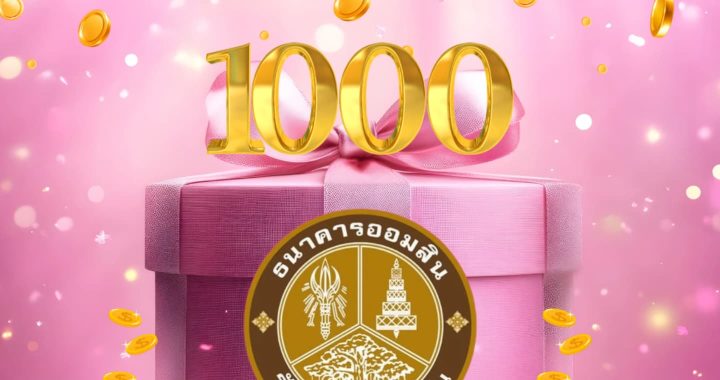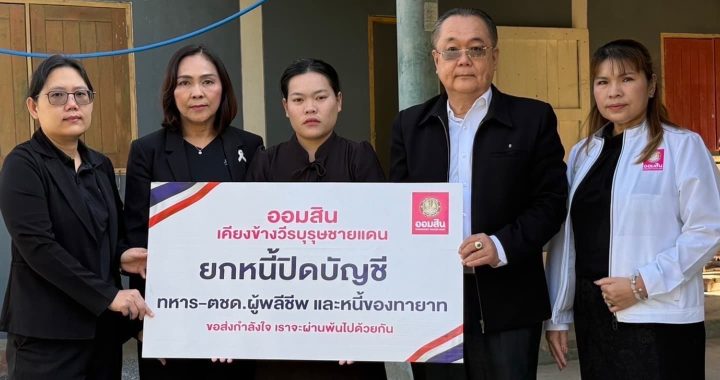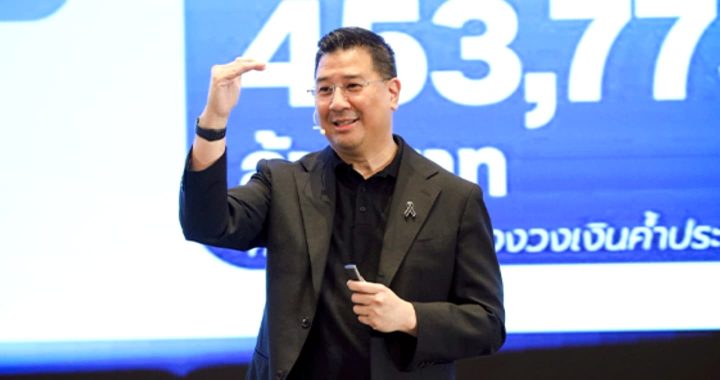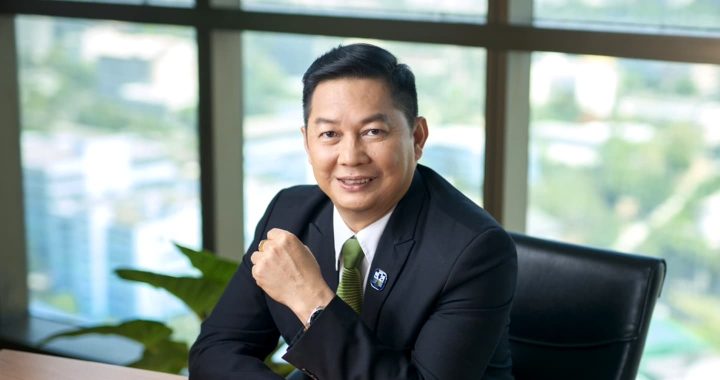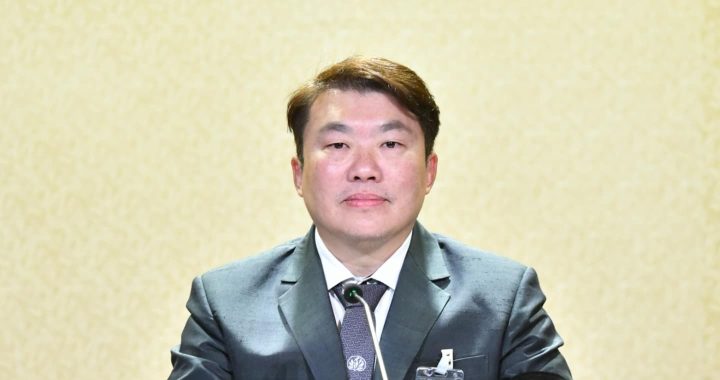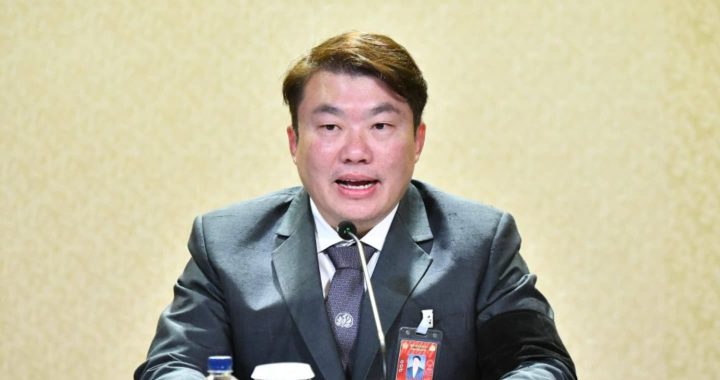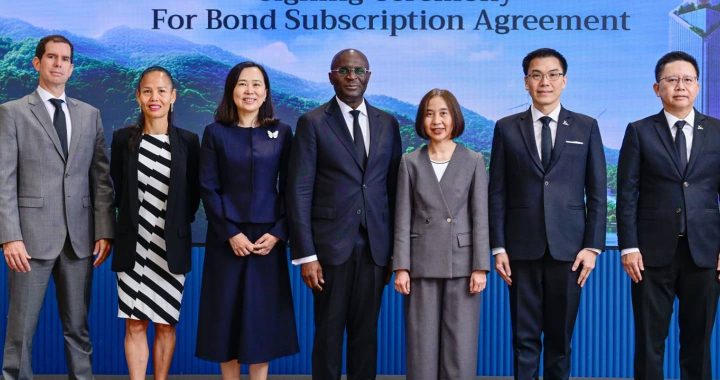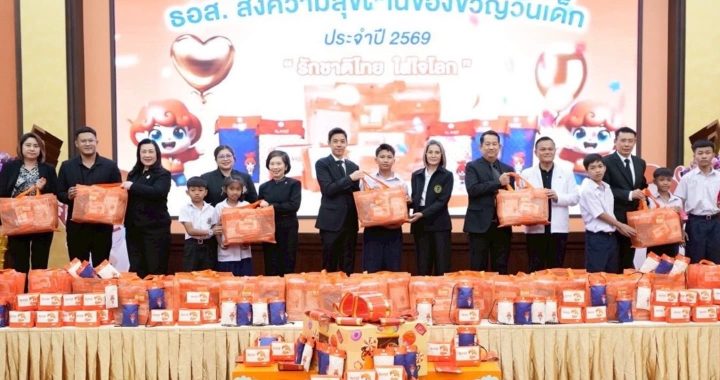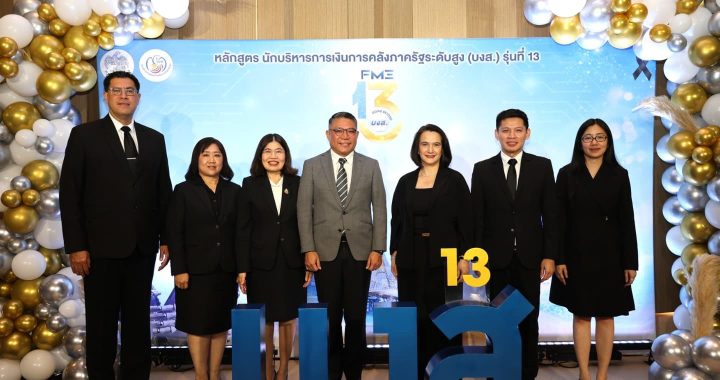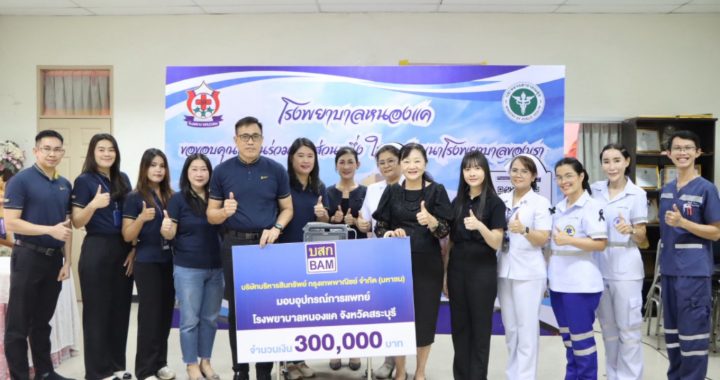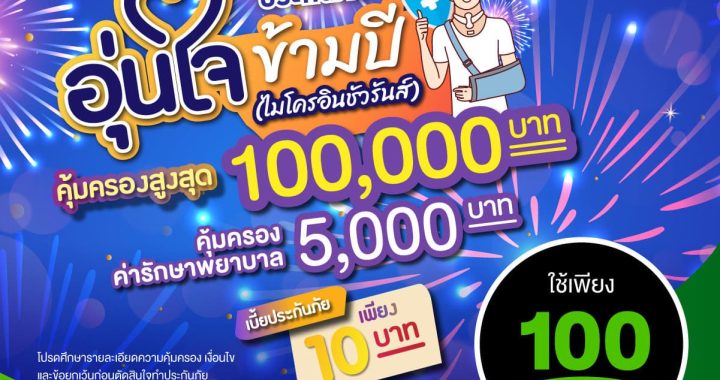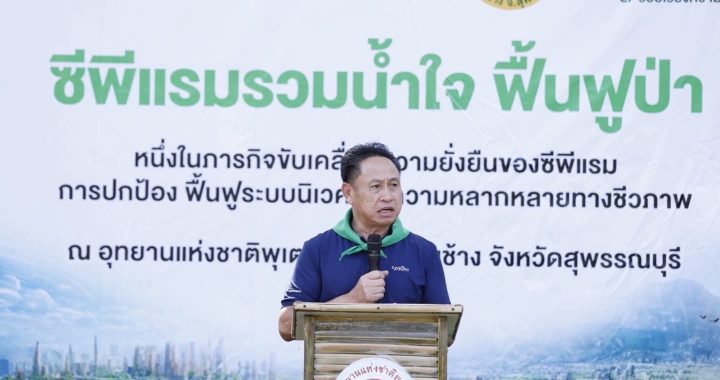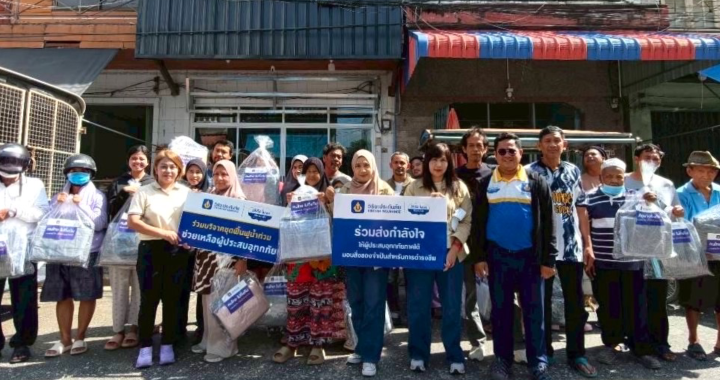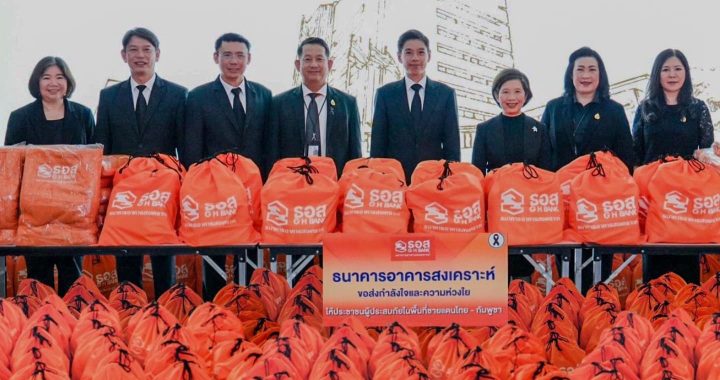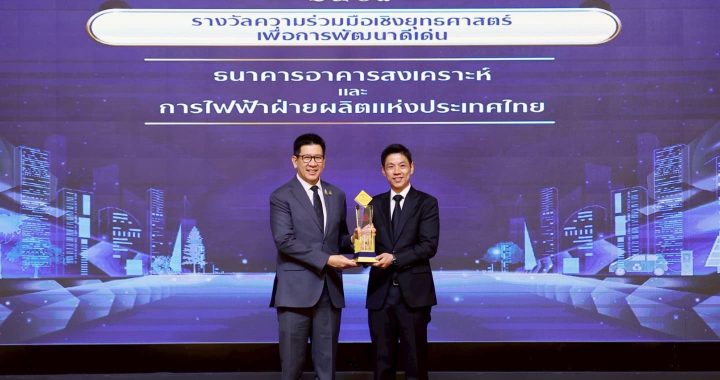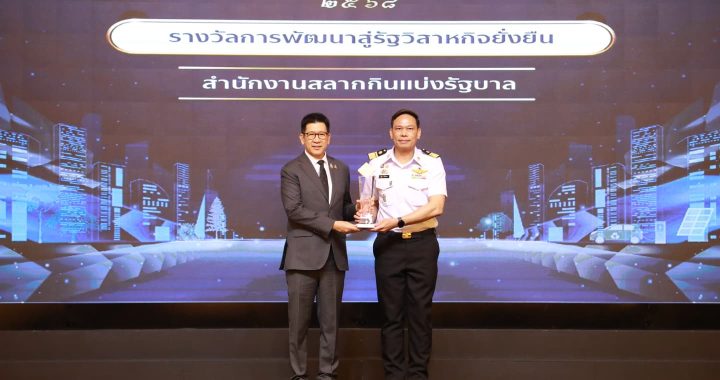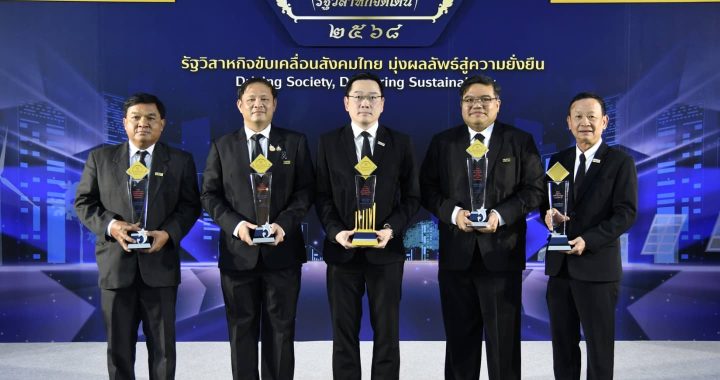Thai Credit Bank rolls out ’Tang To 21-day budgeting challenge‘
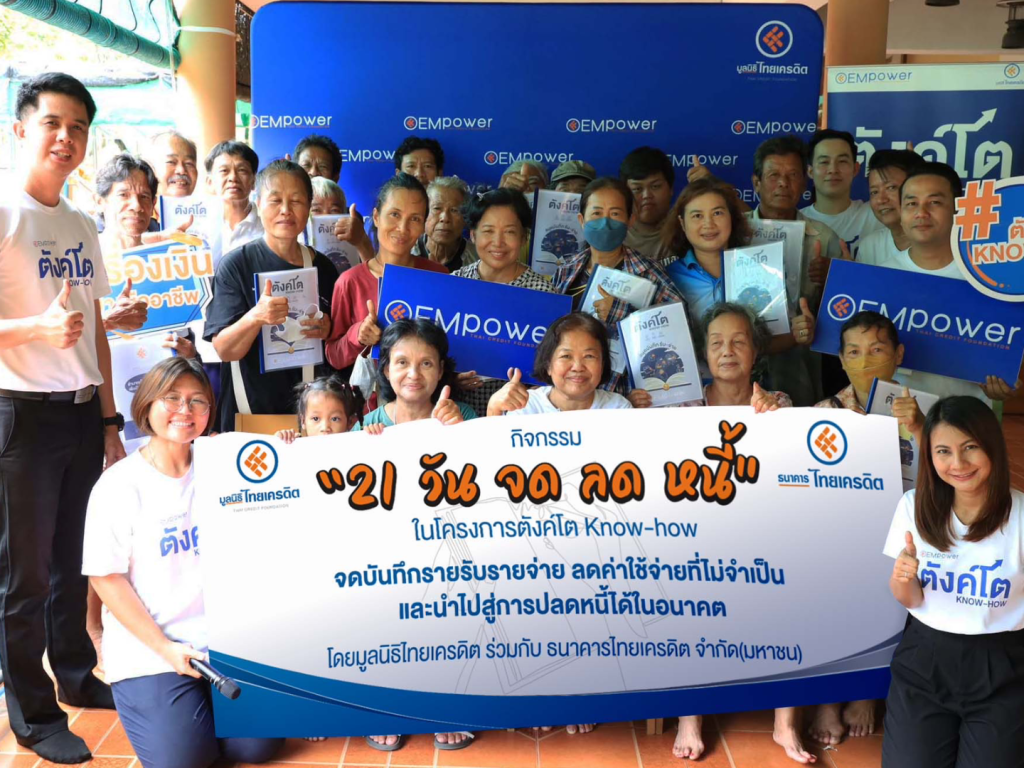
Members of the Tang To Know-how team are ready to help participants reach their financial goals by giving them personalized budgeting coaching free of charge and teaching the money management skills they need to make the most of their money.
Thai Credit Bank Plc. today announced the launch of the Tang To 21-day budgeting challenge program to help participants improve their financial literacy and master the basics of budgeting and money management in order to make better financial decisions and fill the “financial holes”, while also promoting financial stability in communities and helping lessen the country’s household debt problems. Participants have been coached in person by experienced trainers on how to set up a simple but smart, effective budget plan, make the most of their money, pay down debt and grow their savings. From saving baht here and there by curbing over spending to being firmly focused on the essentials by thoroughly understanding the differences between wanting and needing money, they have learned to tackle their money issues, day by day, throughout the 21 days of program at no cost.
“Regularly keeping record of your expenses makes it easy to spot the financial holes and reduce mindless spending that waste your money. Use your money for necessary items and you can maybe set aside some for saving. Or you can use it to pay off your debt and reduce future cost,” said Roy Agustinus Gunara, managing director of Thai Credit Bank Plc.
A survey of financial well-being during the cost-of-living crisis by Thai Credit Bank Plc revealed that over 74% of respondents reported having a debt problem, with nearly half of them (45%) struggling to pay back a personal loan, home loan (43%) and credit card loan (39%).

This online survey was carried out between June 1-28, 2023 to explore respondents’ financial situation during the cost of living crisis, understand the impacts of the crisis based on their income, expenses and debt and look into changes in their financial behavior and how they cope with the difficulties. It involved 370 Thai people aged between 18-65 years old in all regions nationwide.
Regarding their expenses over the last 6 months, over 63% of the respondents reported that they spent more money. They said going to grocery stores hit their wallets hardest, at 71% as the costs of food and groceries have risen. That was followed by soaring electricity bills (55%), rising fuel and travel costs (52%), mortgage payments (18%) and auto loan payments (17%) respectively.
The findings showed that over 71% of respondents reported that they are sometimes struggling financially when the cost of living is rising.
Participants who take part in the Tang To 21-day budgeting challenge program are required to have passed the basic financial literacy course “Tang To Know-how”. Before joining the program, they are invited to undergo a financial checkup, an assessment tool created to examine their financial behaviors. The results of the checkup are then given along with recommendations to make them financially mindful. They are also asked to outline their financial goals.
This program is conducted using activity-based learning approach to develop healthy money habits and help boost financial well-being. Each participant is required to write down their income and expenses in detail day by day and then send the records to their coach through the LINE app throughout the 21 days of the program. The coach then tracks their expenses to identify their patterns of spending and give them personalized insights and areas of improvement.
“We believe that record keeping for 21 days in a row can turn it into a habit. If participants are able to complete the task, they should develop healthy money habits and have a better life,” Roy Gunara said.
He added that the Tang To 21-day budgeting challenge program was specially designed to improve budgeting skills, which are instrumental to financial success and stability. It also helps participants stay financially immune and survive unexpected financial hardship such as the economic and social challenges faced during the Covid-19 pandemic and the problems of rising household debt which is attributed to unhealthy financial habits.
Thai people are burdened with high household debt. For many of them, the burden starts early and can last a lifetime. Most of the debt they have is bad debt.
“It’s normal for people to have debt. If you’re in debt, you have to learn to manage it wisely, comply with the loan agreement and avoid making late payments or missing them. Productive debt is a debt that is used to improve one’s business and make a higher profit, which is a good form of debt. But consumptive debt due to spending habit usually increases the burden of the borrower in the future,
“When you have debt and make repayments on time, it can help build your credit rating as it provides evidence of good financial planning and responsible borrowing. Financial education can help you manage your debt” he said.
The findings of the same survey showed that 86% of the respondents reported that they have never missed a loan payment over the last 6 months and 14% of them said they missed at least one payment. When asked for reasons for loan repayment difficulty, 79% of them said they spent more than they earned, 50% said they have big family expenses, 47% cited high living costs and 45% were paying off debts.
The Tang To 21-day budgeting challenge program is further built on the success of “Tang To Know-how” financial literacy course that is intended to provide financial education and build financial immunity. More than 150,000 participants including small business owners, individuals and youth have taken part in the program since it was officially launched 6 years ago.
It is also part of the Foundation’s EMpower for Community Initiatives which are developed based on the Thai Credit Bank’s business philosophy: “Everyone Matters” that aims to create self-reliant communities for well-being and stability as well as teach financial literacy and cultivate discipline for financial health.
What participants have to say about the Tang To 21-day budgeting challenge
Here are some of their comments:
Pornusa Boonlert: “Taking notes on a budget helps me to be more conscious of what I spend my money, spend less and save more. I think a lot before buying something I really like and avoid spend money on non-essentials.”
Pensri Atnaree: “Record keeping is a great way to track my expenses and understand where my money is going. It can help me monitor my financial position and how much money I need to make to cover my expenses. I’m looking for a second job to boost my income.”
Pratinan Bunruangyosiri: “Creating budget records helps improve my financial understanding. It also helps me develop mindful spending habits and become more responsible with money. Now, I keep records on a daily basis. I don’t want to be broke anymore.”
People who have passed the basic “Tang To Know-how” financial literacy course and are interested in taking part in the Tang To 21-day budgeting challenge program can contact Call Center 02 -6975454
